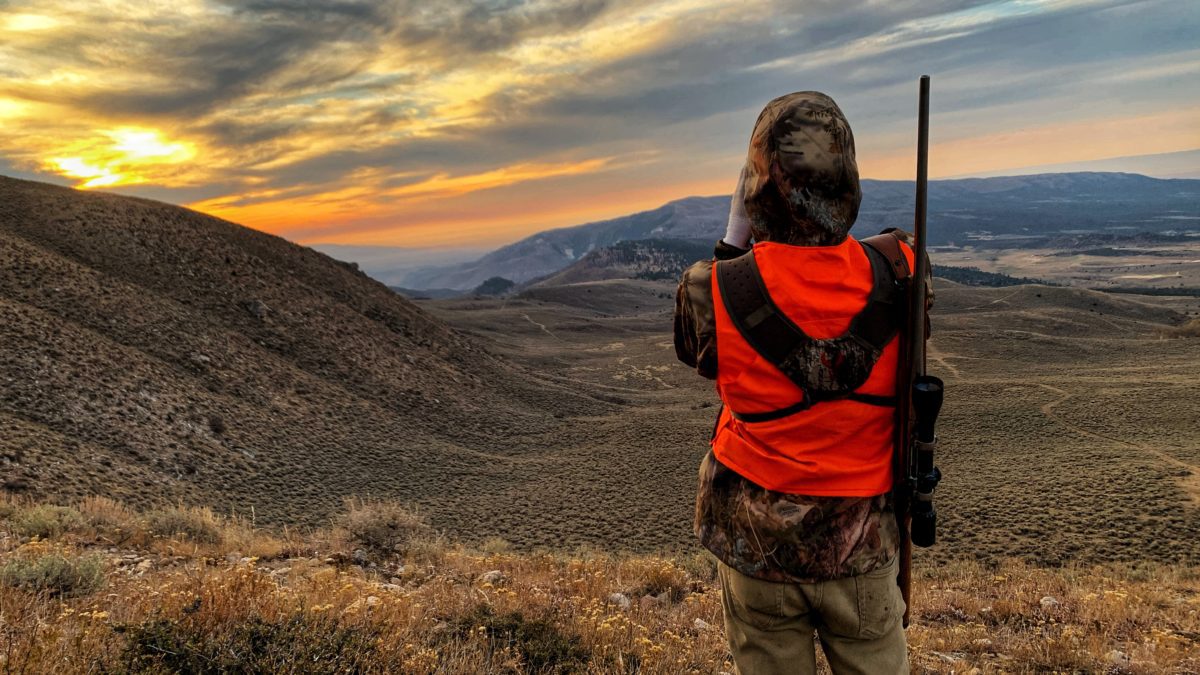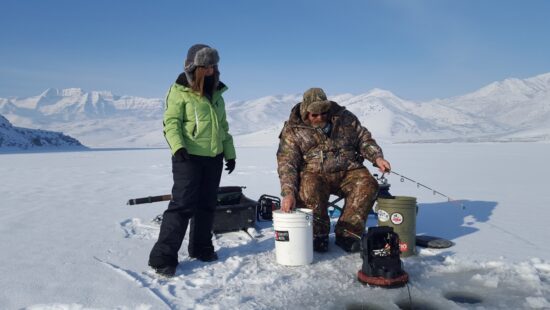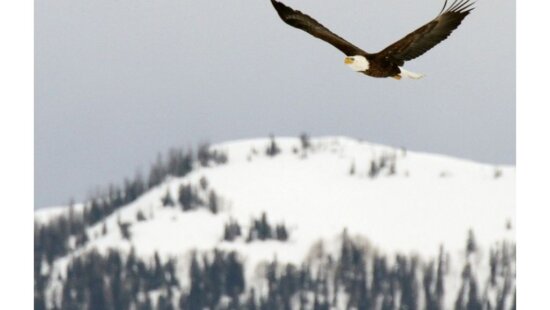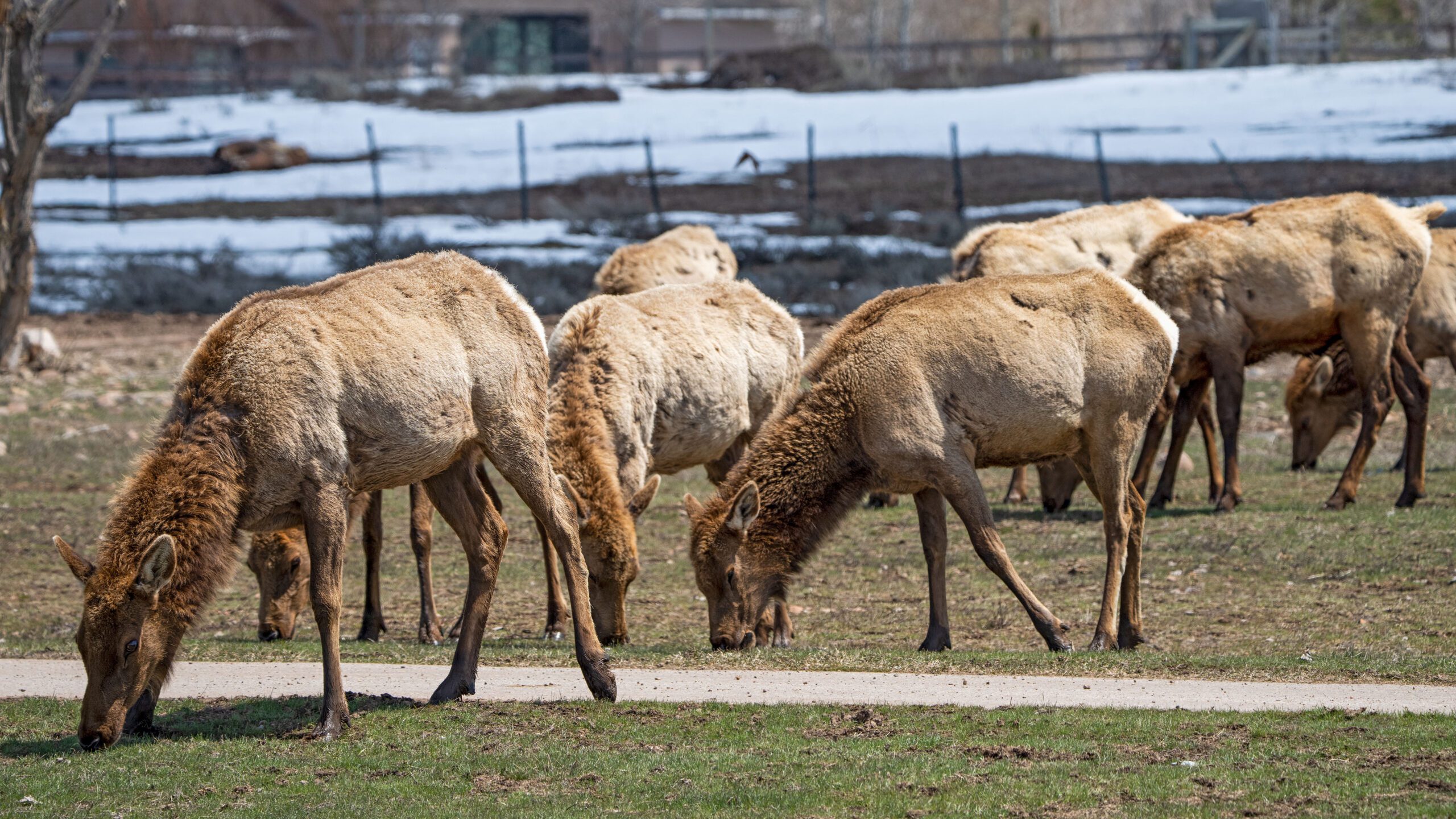Wildlife
UDWR reminds the public how to easily avoid common hunting and fishing violations

Beyond the legal aspects of hunting and fishing, there is an ethical responsibility that hunters and fishermen carry when out in the field. Photo: Utah Division of Wildlife Resources
UTAH — As we move into fall, Utah’s big game hunting season is either currently open or on the horizon for many species. Utah Division of Wildlife Resources is reminding the public to do their research before going hunting or fishing. Many common hunting and fishing violations are easily avoidable with prior preparation.
Everything from not keeping track of license expiration dates or not having the correct permit when harvesting an animal can be solved by taking a moment to read a license or permit and to review current regulations in the hunting or fishing guidebook. Much of this is covered in the required hunter education training or Utah’s Trial Hunting Program before a license purchase is even granted.
“The best way to stay out of trouble is to review the regulations and to check your permit carefully before you go out in the field,” DWR Capt. Chad Bettridge said. “It’s shocking how many people go hunting without even opening their envelope to see what permit they drew. They often don’t check their permit until after they have harvested an animal and then discover that they hunted in the wrong unit or season or sometimes for the wrong species entirely.”
Hunting and fishing rules vary between bodies of water or hunting unit boundaries. Regulations are determined and updated from studies performed in each area, making checking the guidebook to see what updates have occurred essential.
“There are hunting unit boundaries and fish limits for a reason,” Bettridge said. “These things help us manage various wildlife species according to specific management plans and also help us maintain healthy populations for each area or waterbody. If we don’t enforce the boundary or limits, our management plans don’t work as well.”
There have already been 54 license suspensions as of September 13 for 2022. Dating back to 2017, there have been 405 license suspensions, not including suspensions from 2022. Violations include misdemeanor levels ranging from class C to A or felony levels, all of which carry a minimum of a one-year suspension, with the longest being a seven-year license suspension.
“The entire purpose of wildlife law enforcement is to encourage people to comply with the laws,” Bettridge said. “Those laws are made to benefit wildlife and the public. I honestly wish that everyone would just comply with the law so that we didn’t have to do suspensions. That is our goal. But unfortunately, people do break the law, and we believe that a license suspension is the best deterrent we have for people who intentionally commit wildlife crimes.”
Beyond the legal aspects of hunting and fishing, there is an ethical responsibility that hunters and fishermen carry when out in the field. Utah DNR is asking those with additional questions or concerns to contact one of the UDWR offices and talk to a conservation officer.



















